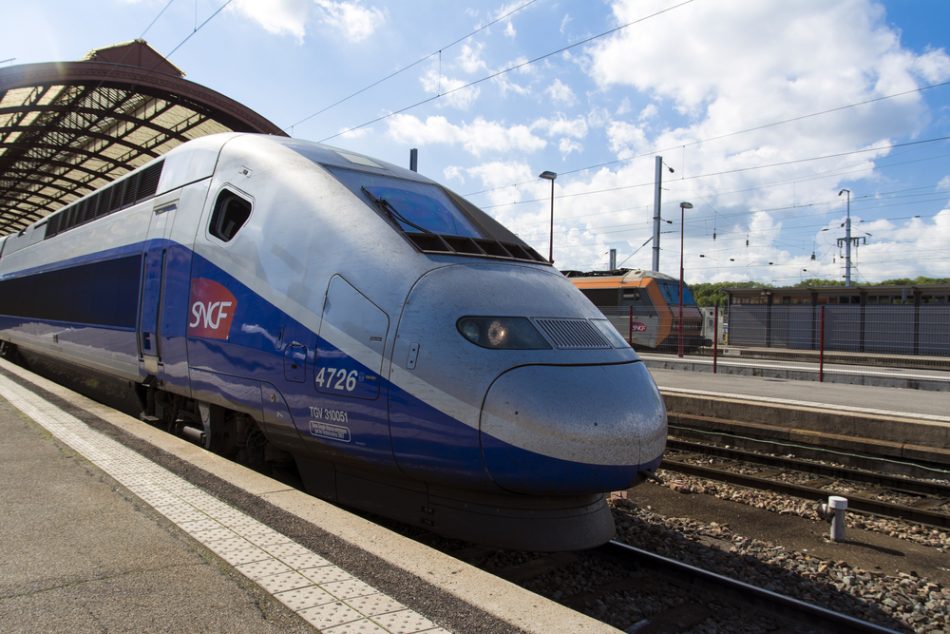Science
From mathematics and AI to medicine and psychology, The Optimist Daily features the latest news on discoveries, technological advances, and breakthroughs in the world of science. Our Science section is here to engage and enlighten you.

Kauri trees provide rare glimpse into Earth’s ancient climate
Kauri trees are copper-skinned conifers endemic to New Zealand. They’re held sacred by the indigenous Māori and have been used for carvings and canoes for thousands of years. They also hold invaluable information about the world’s climate history. The trees can live for more than two Read More...

Small wind turbine could enable buildings to live off the grid
Last week, we discussed Vortex Bladeless, a bladeless wind turbine with the potential to become the wind equivalent of rooftop solar panels. As it turns out, Vortex Bladeless is not the only invention out there seeking to rethink the design of traditional wind turbines. Enter Powerpod, a portable Read More...

Daimler is now taking orders for their all-electric freight truck
Electric trucks have the power to revolutionize the shipping industry and drastically cut emissions, but designing a truck that can travel long distances and transport large amounts of goods on electric power is no easy feat. Fortunately, vehicle company Daimler Trucks has announced they are ready Read More...

Electric company Polestar wants to make a car that’s truly zero-emission
When you see something labeled as “carbon neutral,” chances are that its manufacturer purchased carbon offsets to counterbalance the product’s environmental impact. Offsets typically involve supporting different environmental projects across the world, such as reforestation and conservation Read More...

New French policy mandates more sustainable travel
French travel is about to get a green upgrade as the country’s parliament has voted to ban any domestic flights in which the same destination can be reached by train in less than two and a half hours. After a heated debate in the Assemblée Nationale, the new policy means that greener train Read More...

Scientists develop insulin pills that monitor patients' glucose levels
Daily insulin injections are a tedious reality for millions of people who have diabetes. But a team of researchers from New York University Abu Dhabi hope to make their lives easier. They have developed a new method for packing insulin into capsules; a very tricky task indeed as insulin is so Read More...

This at-home Covid test is made from coffee pods
For everyone’s health and safety, we must accept that Covid-19 tests are a part of our reality. Luckily, as time goes on, we’ve developed strategies to make administering these tests as convenient and hassle-free as possible. There are now low-cost tests that produce results in five minutes or Read More...

Britain’s electricity grid sees greenest day ever over Easter
Sunshine, coupled with windy weather over the Easter bank holiday has seen Great Britain’s electricity grid record its greenest day ever, with carbon intensity dropping to the lowest it’s ever been. On Easter Monday, power plants in England, Scotland, and Wales emitted only 39g of CO2/kWh of Read More...

World’s first hydrogen-powered cargo vessel to set sail in Paris this year
In a world's first, a commercial hydrogen-powered cargo vessel will make its maiden voyage later this year. Developed by French shipowner Compagnie Fluvial Transport (CFT), the vessel will be the world’s first cargo ship to run on hydrogen and is set to be deployed on the river Seine in Read More...

This reusable and biodegradable sponge can help clean up oil spills
Most of the materials designed for removing oil spills from water are single-use, meaning that they’re bound to eventually end up in landfills. We've written about the potential to use shed dog fur for oil spill cleanups, and now, scientists have developed an oil-absorbing sponge that can be used Read More...


